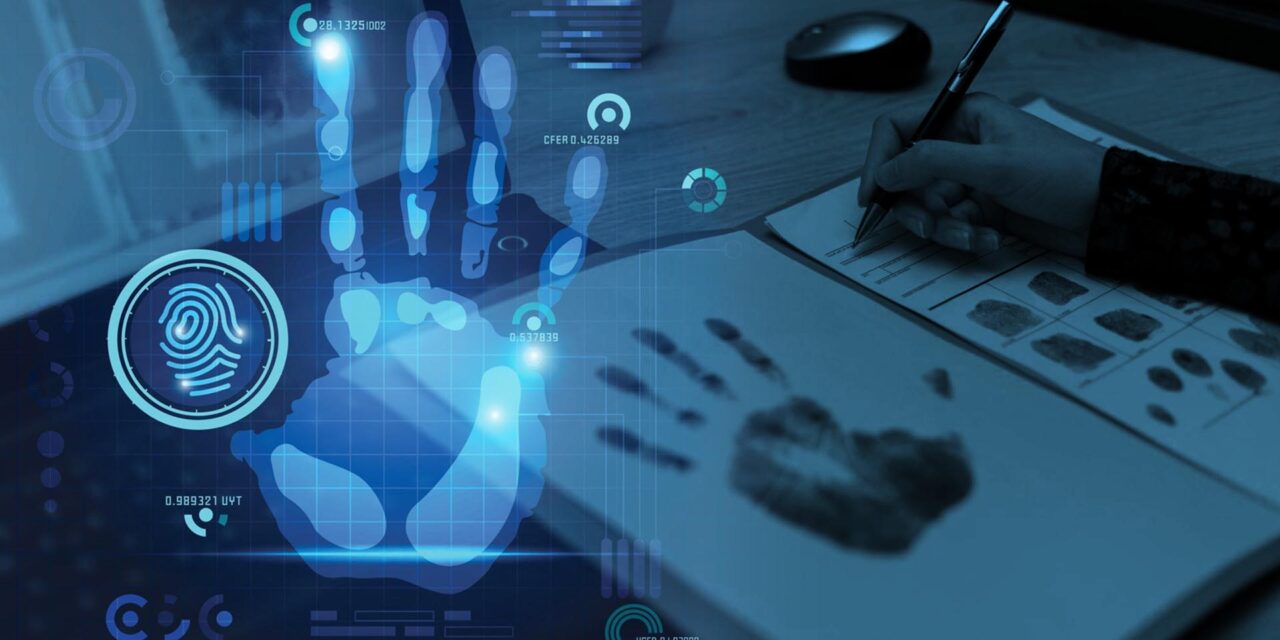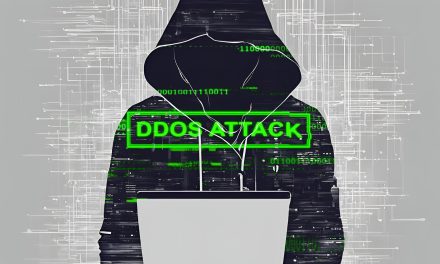Commercial firms are not the only entities facing data overload troubles: law enforcement agencies have had to rapidly transform to cope.
The alarming rise in cybercrimes and online scams globally underscores the urgent need for robust digital evidence collection, storage, management, and analysis capabilities.
Law enforcement agencies are increasingly investing in advanced technologies and skilled personnel to effectively gather and examine digital evidence, enhancing their ability to combat modern-day crimes.
Security cameras help deter crimes all over the world, and when crimes are recorded those video recordings provide vital evidence. Other forms of digital evidence include still images, audio recordings, digital tags of physical evidence, social media content, PDF documents, and many more sources of data.
However, the rapid proliferation of digital data and evolving technologies have presented significant challenges for law enforcement. One of the primary challenges faced by investigators is the sheer volume of digital data generated each day. The advent of CCTV cameras, smartphones, social media platforms, and Internet of Things (IoT) devices has resulted in an explosion of potential evidence. Sorting through this massive trove of information requires sophisticated tools and techniques to identify relevant data and extract meaningful insights.
Ways to manage evidence overload
To address challenges, law enforcement agencies are leveraging cutting-edge forensic software and hardware solutions that enable investigators to extract data from various devices — such as smartphones, computers, and cloud storage — in a forensically sound manner.
Advanced techniques help recover deleted files, and specialized software can analyze metadata such as timestamps and geolocation data to establish the authenticity and integrity of digital evidence.
However, the dynamic nature of technology poses an ongoing challenge. Here are the various ways being used to meet these challenges:
- Multi-party collaboration: Law enforcement agencies collaborate closely with academic institutions, private sector entities, international organizations, and technology experts. This collaboration facilitates knowledge sharing, joint research, and the development of innovative solutions. By fostering a multidisciplinary approach, law enforcement can leverage the expertise of digital forensics specialists, cybersecurity analysts and legal professionals to ensure comprehensive and effective investigations.
- Ensuring evidential admissibility in court: To establish the evidentiary value of digital evidence, investigators must adhere to strict procedures to maintain the chain of custody and demonstrate integrity. This involves documenting every step of the collection, preservation, and analysis process, ensuring that the evidence remains untampered with and authentic — which is why many agencies choose a digital evidence management system that automatically creates an audit trail of every action. Additionally, experts in digital forensics may be required to testify in court, explaining the technical aspects of the evidence and its relevance to the case.
- Training programmes and continuous professional development: These are essential to equip investigators with the necessary skills to navigate the complexities of digital forensics. Moreover, regular updates to legislations and legal frameworks are imperative to address emerging challenges and ensure the admissibility of digital evidence in court.
The importance of digital evidence in investigations cannot be overstated. As law enforcement agencies continue to invest in their respective digital transformation efforts, they are also collaborating with relevant stakeholders, and continuously enhancing their digital forensic expertise.

















